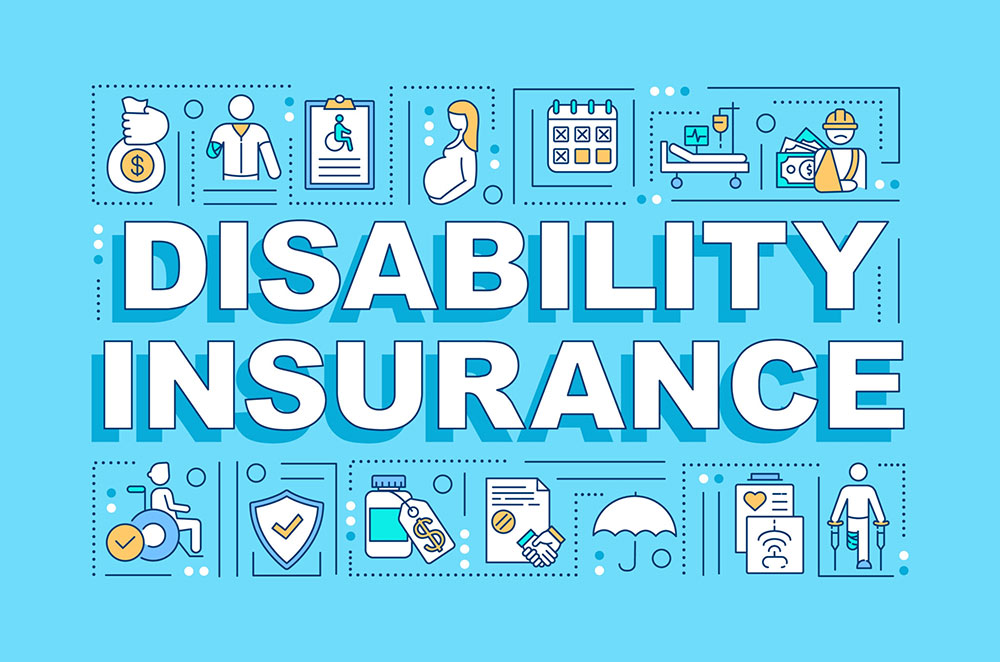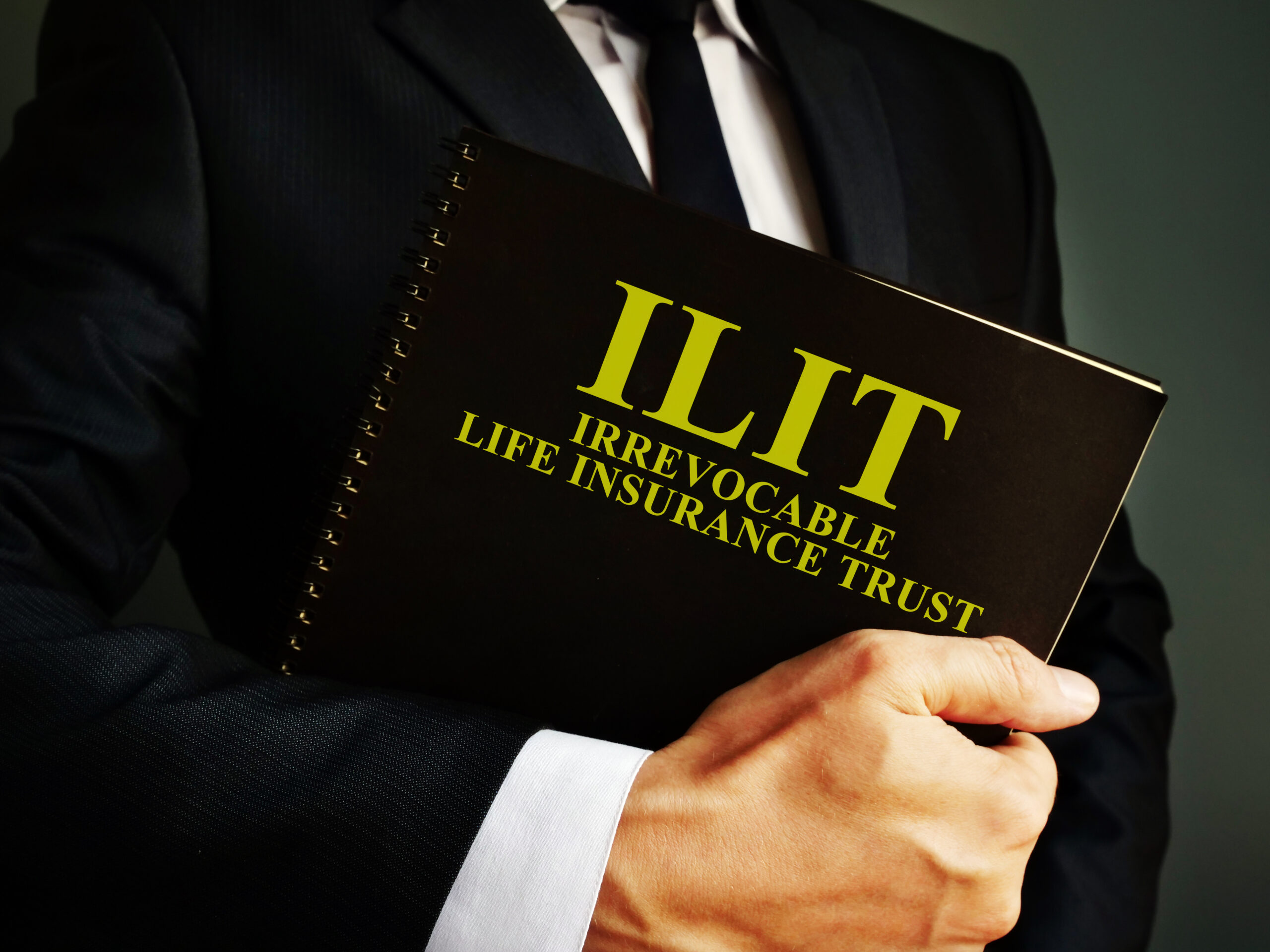
James Hill
My dad always preached the importance of insurance, just like your dad probably preached it to you, and his dad preached it to him. While we were young and invincible (or was that just me?) our dads’ preaching didn’t seem urgent or necessary. Unfortunately, the things insurance protects against happen unexpectedly, so putting off getting the right coverage can cost us dearly if we’re uninsured or underinsured.
Insurance protects our families’ finances from many debilitating potential losses like home damages, car accidents, lawsuits, and even death. One type of insurance we frequently neglect is disability insurance; only 51% of American workers had disability insurance as of 2023, according to Guardian Life. The thought of becoming disabled seems far-fetched but the reality is that 25% of current 20-year-olds will become disabled – to some degree before they turn 67, according to the Social Security Administration. Disability insurance is essential to ensure that you can provide for your family and protect what you’ve worked so hard for. So how does it work?
Basics of Disability Insurance
Disability insurance pays you a lump sum or recurring benefit if you become disabled, injured, or sick and can’t work. These policies cover everything from broken bones to loss of limbs or eyesight, even neurological & mental conditions that make it difficult or impossible to work. Disability policies won’t cover injuries from acts of war, participation in a riot, intentional self-harm, injuries suffered while committing a felony, or loss of work related to pre-existing conditions.
Short-term disability policies typically pay benefits for the first 90-180 days out of work but can cover as much as 2 years. Long-term disability policies pay benefits for a stated length of time or up until a certain age (usually 65-67). Usually, benefits begin after an “elimination period,” which is an amount of time at the beginning of a disability that the policy won’t cover. In group plans, the elimination period is fixed, but with a private policy, you can extend the elimination period in exchange for a lower premium.
Typically, private plans pay a fixed monthly amount while employer-based (group) plans pay a percentage of your salary. Most group plans are cheaper than private plans, but can come with a couple of major downsides, benefit caps and taxation of benefits:
· Disability benefits from a group plan are capped at a monthly benefit. If the policy’s stated percentage of your income is above the cap, you’ll receive a reduced benefit, leaving you underinsured. For example, if the policy pays 60% of your salary up to a $10k/mo ($120k/yr) cap, and you make $300k/yr, your benefit maxes out at $120k per year (40% of your salary) instead of $180k (60% of your salary).
· Disability insurance benefits are taxed based on who paid the premiums. If your employer paid the premiums (a common practice) or you paid the premiums with pre-tax paycheck deductions, your benefit will be taxable. If possible, you should pay your premiums via after-tax paycheck deductions so that your benefit will be tax-free. Private disability policies will also pay out tax-free benefits since premiums are paid out of pocket with after-tax dollars.
o This also works in proportion, so if your employer pays 60% of the total premium for your disability insurance, 60% of your benefits would be taxable. You can usually see who’s paying your premium by reviewing your pay stub.
How your policy defines a disability can change whether you receive benefits. An “Any Occupation” definition has the cheapest premiums but only pays benefits if you can’t work in any capacity. An “Own Occupation” definition has the most expensive premiums but pays benefits if you can’t work your specific job (e.g, a surgeon who suffers a debilitating hand injury). A “Modified Own Occupation” definition has a premium cost in between own & any occupation and pays benefits if you’re unable to work in your job or one for which you’re qualified by experience, training, or education (e.g, a surgeon with a hand injury may not receive benefits because they could still practice medicine even though they can’t perform surgery).
The characteristics of your disability policies can be found within the plan documents provided during open enrollment for a group policy or when your private policy is put in force. If you have questions about how your disability policy is set up, contact your Boardwalk advisor to review the plan documents.
Why Disability Insurance is Important, Even for Your Desk Job
One frequently asked question is “I work a desk job, why do I need disability insurance?” Unfortunately, not having a physically demanding job doesn’t eliminate the risk of losing your income due to disability. Even if you’re young & healthy and work a desk job, freak accidents, a slip and fall resulting in a concussion, or an unexpected sickness can derail your ability to work an otherwise unhazardous job. If these issues lead to memory problems, brain fog, an inability to focus, or diminished capacity to meet with clients, colleagues, or vendors, you may not be able to retain your job, straining your financial situation.
Often, high earners have set up their lives in response to their income; nice cars and houses, private schools for their kids, etc. These are wonderful things but lead to a high “burn rate” if the income stops. In the case of a disability, it can take a long time, if ever, to return to the high income that supports this spending. Once emergency savings run out, difficult decisions need to be made, such as selling your home, trading in cars for less expensive models, pulling the kids out of their schools, making major lifestyle changes, or pulling money from accounts designated for retirement, which can result in excess taxes and penalties. Disability insurance ensures that income continues, alleviating some of these hard decisions.
How Boardwalk can Help Make Sure You’re Properly Insured
Your Boardwalk advisor knows that disability insurance is vital to helping you attain your financial goals and provide for your loved ones. We take your entire financial situation into account to help determine if you’re properly covered and if not, how much additional coverage you need. We ensure you’re maximizing your group coverage, then we partner with outside insurance brokers (no financial relationship) who shop for a variety of insurers to get you the best coverage for your situation and help you set up your insurance. Once you have sufficient coverage, we review it regularly in case changes to your savings, income, or goals require changes to your insurance.
A disability event is very difficult to endure, but disability insurance makes sure that you can focus on your health instead of worrying about your financial situation and your family’s future.




